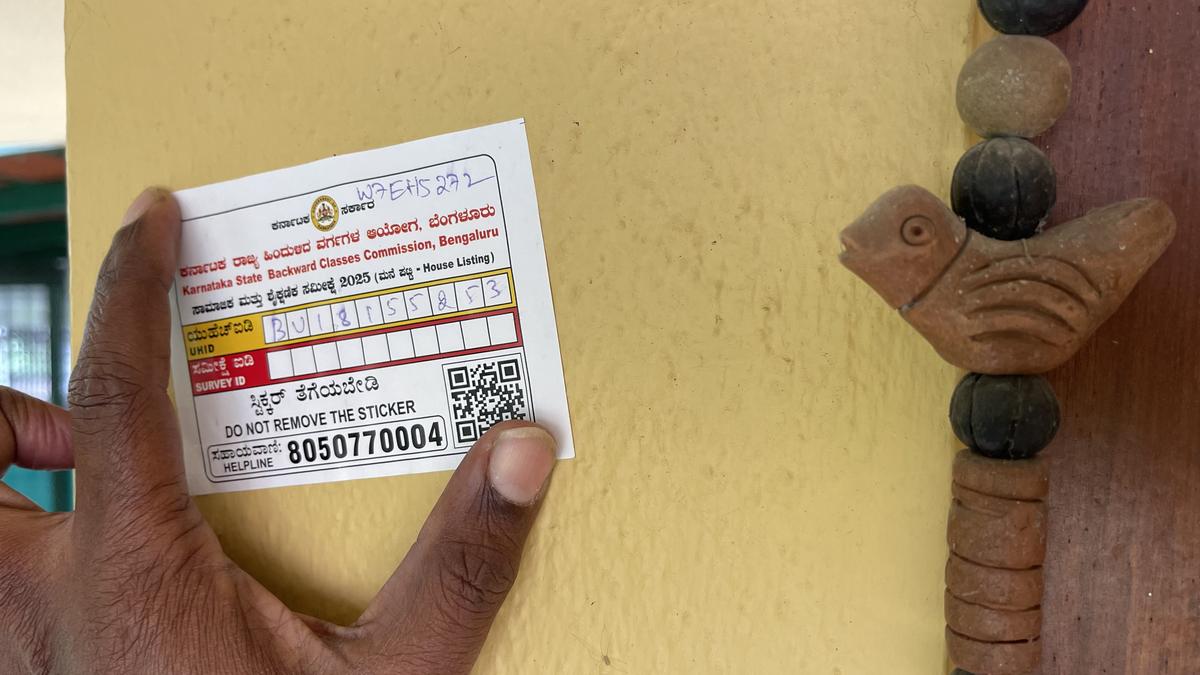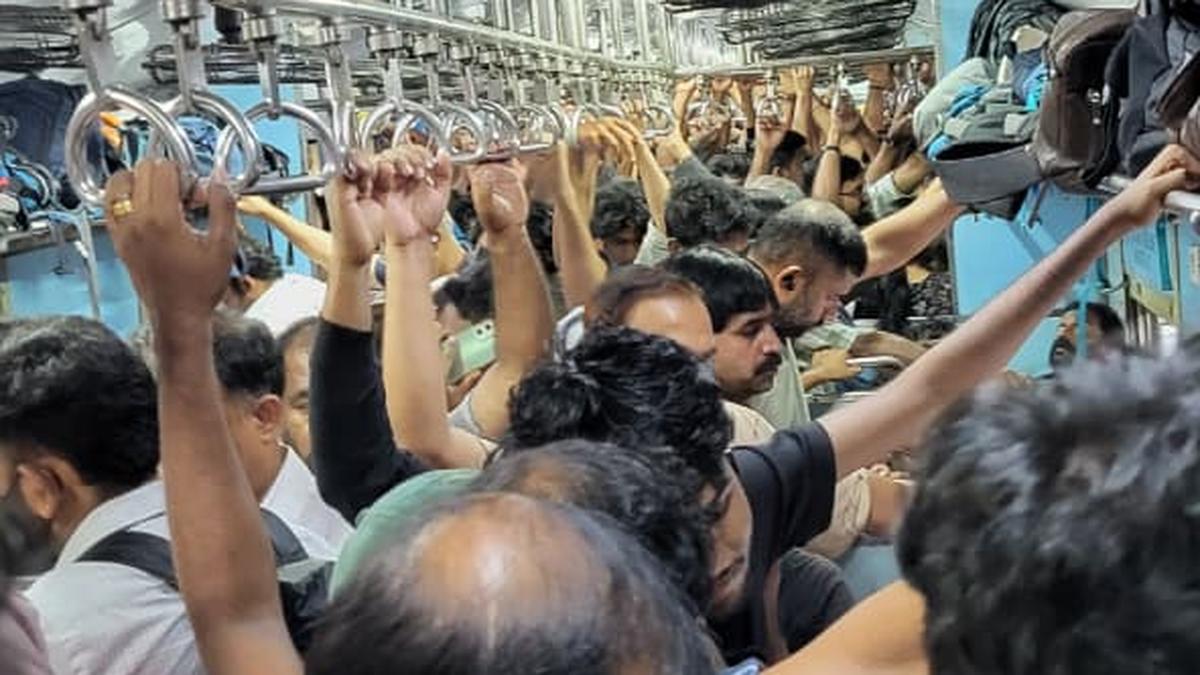On Saturday, after U.S. President Donald Trump announced the decision to raise H-1B visa fees to $1,00,000, the general mood in the IT sector in Kerala was one of panic, doom and gloom. U.S-based IT professionals who were home on leave were scrambling to find a flight which would let them re-enter the U.S. before the deadline kicked in within a day, but to no avail. Though the clarification from the White House early on Sunday eased some of the tension, many like Kumar (name changed), who has been hoping for an onsite assignment in the U.S. soon, feel that things will not be the same again.
With many IT services companies based in the State having a good part of their business in the U.S., some of the smaller ones will find the going difficult in the immediate term. Though Indian tech majors have been progressively reducing dependency on H-1B visas over the past few years, the country still makes up above 70% of the total, with around 50,000 H1-B visa applications.
V.K. Mathews, chairperson of Group of Technology Companies (GTEC) and Founder Chairperson of IBS Software, says that the move will impact IT-services business of India relating to the U.S. “If I am billing a project which involves 100 people to work over a period of time, typically, at least 10% of the resources should be onsite to understand the needs of the client and to take the business forward. Work visas are required for this. Since ours is a product-based business, IBS is still not affected that badly, compared to services companies, for which the H1-B visa costs will become prohibitively expensive. Our business is distributed equally across the U.S., Europe, West Asia and other regions, with about 30% of it in the U.S. Companies like ours use transfer visas like L1, L2, along with H-1B visas,” says Mr. Mathews.
According to Sreekumar V., Centre Head, Tata Elxsi, the reduction in onsite billing will adversely affect the scope of further expansion of business for these companies. “Companies working in fin tech and business applications, which have the U.S. as their predominant market, will be affected, while the effect on those in the engineering and research and development fields will be to a lesser extent. Although smaller companies will definitely find it difficult, the larger companies will also have difficulties because they send a large number of people onsite. The companies or the clients will have to bear the additional costs of the increase of visa fees from ₹5,000 to ₹1,00,000, which will lead to the number of H1B visas coming down further,” says Mr. Sreekumar.
A silver lining
But, Mr. Mathews sees a silver lining in the current scenario, as he sees the possibility of companies creating more global capability centres (GCCs) in countries like India.
“This is also an opportunity for India. Since people cannot go there, U.S. companies will create GCCs, which are not like typical outsourcing. Their management and people with domain knowhow will come down here to set up GCCs. Already, India has around 1,700 GCCs, about 50% of the numbers across the world. It will particularly be an opportunity for tier-2 cities like Thiruvananthapuram or Kochi as companies are increasingly focussing on tier-2 cities. I feel that this move will have a negative impact on the U.S. as they will not get the critical talent they need, because they don’t have it,” says Mr. Mathews.



.png)
.png)
.png)
















 1 hour ago
6
1 hour ago
6









 English (US) ·
English (US) ·